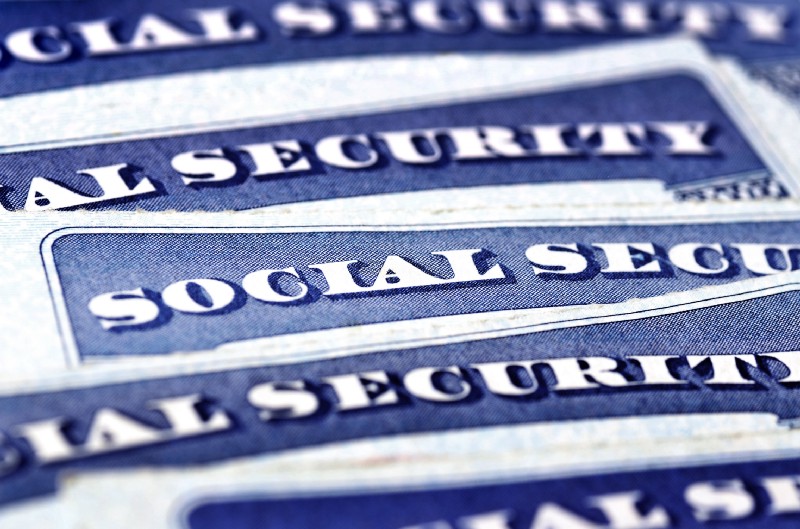Telephone scammers trying to swindle seniors of their hard-earned money is a problem that the Federal Trade Commission (FTC) has been trying to combat for decades. Now, the schemers are targeting the government itself.
A new scam exploded in popularity in 2018; it’s where someone pretends to be from the Social Security Administration, and they try to get either money or the victim’s Social Security number.
The FTC reports that they heard 3,200 complaints about this scam in 2017. Last year, that number ballooned to over 35,000. Losses by unsuspecting seniors in this scam totaled over $10 million in 2018.
SSA Aggressively Fighting Back
The Hope Center for Nursing and Rehabilitation knows that there’s nothing more important than our residents’ safety and security. If you suspect a resident here has been targeted in this or any other scam, please let us know immediately.
In the meantime, here are four tips the Social Security Administration is offering that can prevent you from becoming a victim:
-
Your Social Security number cannot be suspended. A representative from the SSA also cannot seize your bank accounts. If the person on the phone says that these things are a possibility, it’s one of these con-artists at work.
-
The SSA will never call to threaten your benefits or tell you to send them money – especially by way of wire transfers or gift cards. Those ways of sending money are untraceable, so once you send it, it’s gone.
-
The scammers will sometimes have the real SSA phone number of 1-800-772-1213 show up on your caller ID. If you receive a call from that number and you are suspicious, ask the person for their name and say you will call them back. Then, you are encouraged to call the real SSA at that same number to verify the issues brought up on the original call.
-
Never give your Social Security number (nor credit card number or bank account number) to anyone calling you and asking for it. If you are suspicious, follow the advice above and find a legitimate number to call the agency or merchant back.
Awareness includes a television campaign
Besides issuing warnings online, the government is trying to reach as many people as possible to get people wise to this scam. The agency produced a series of public service announcements (PSA) that will run on television and radio programming. You can view the different ads at these links: 60-second; 30-second;15-second.
If you have received a call like this, the FTC is urging you to contact them at 1-800-269-0271 or online at ftc.gov/complaint.






